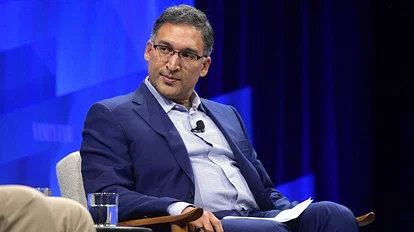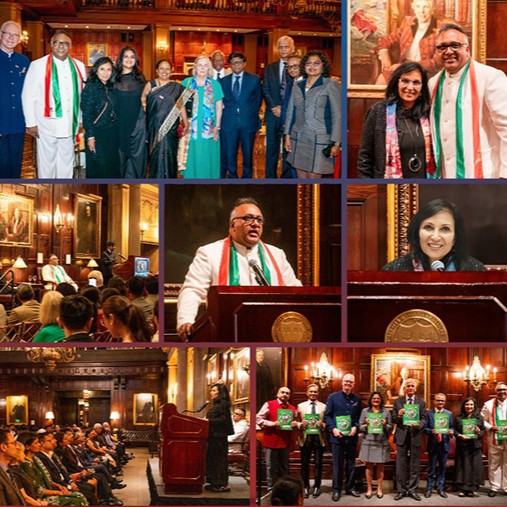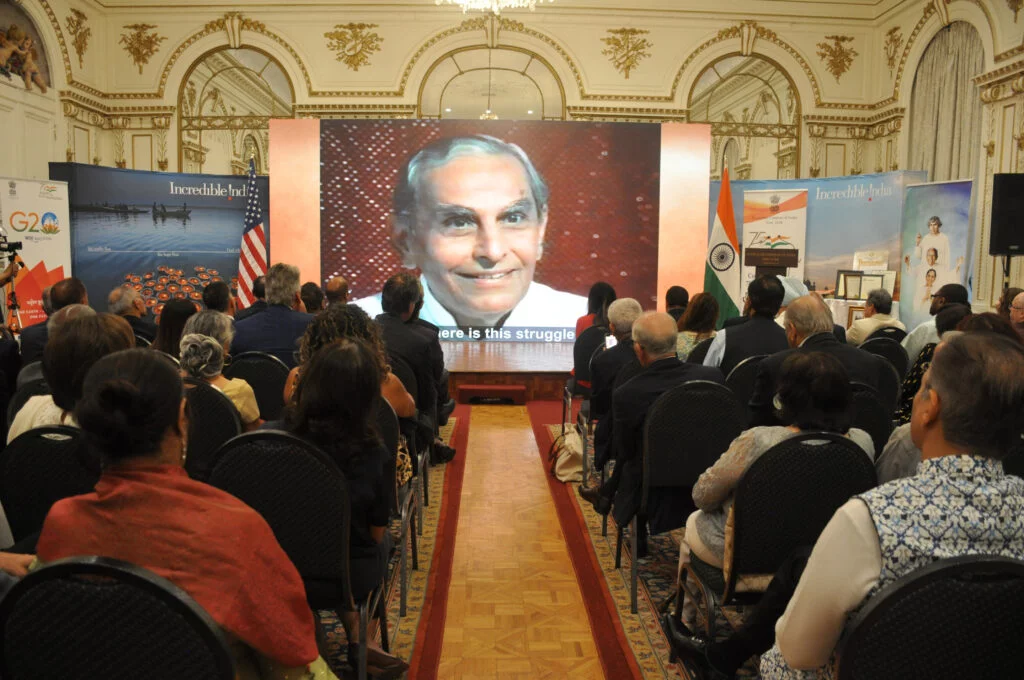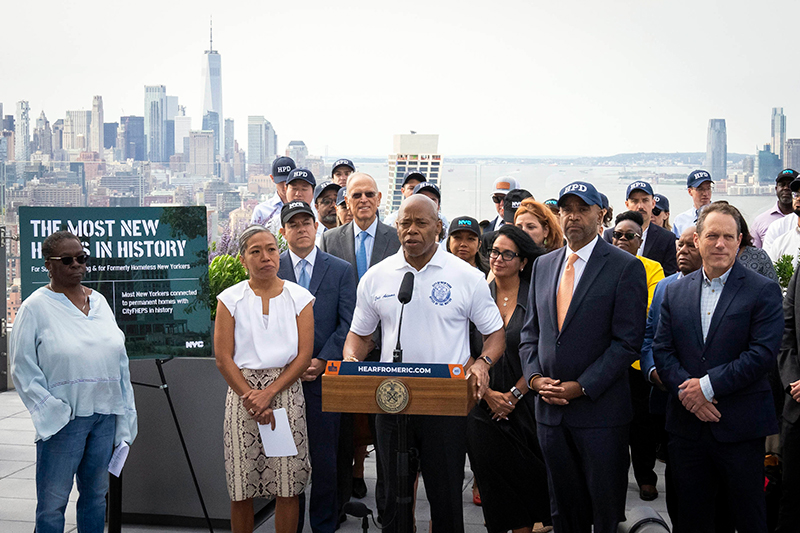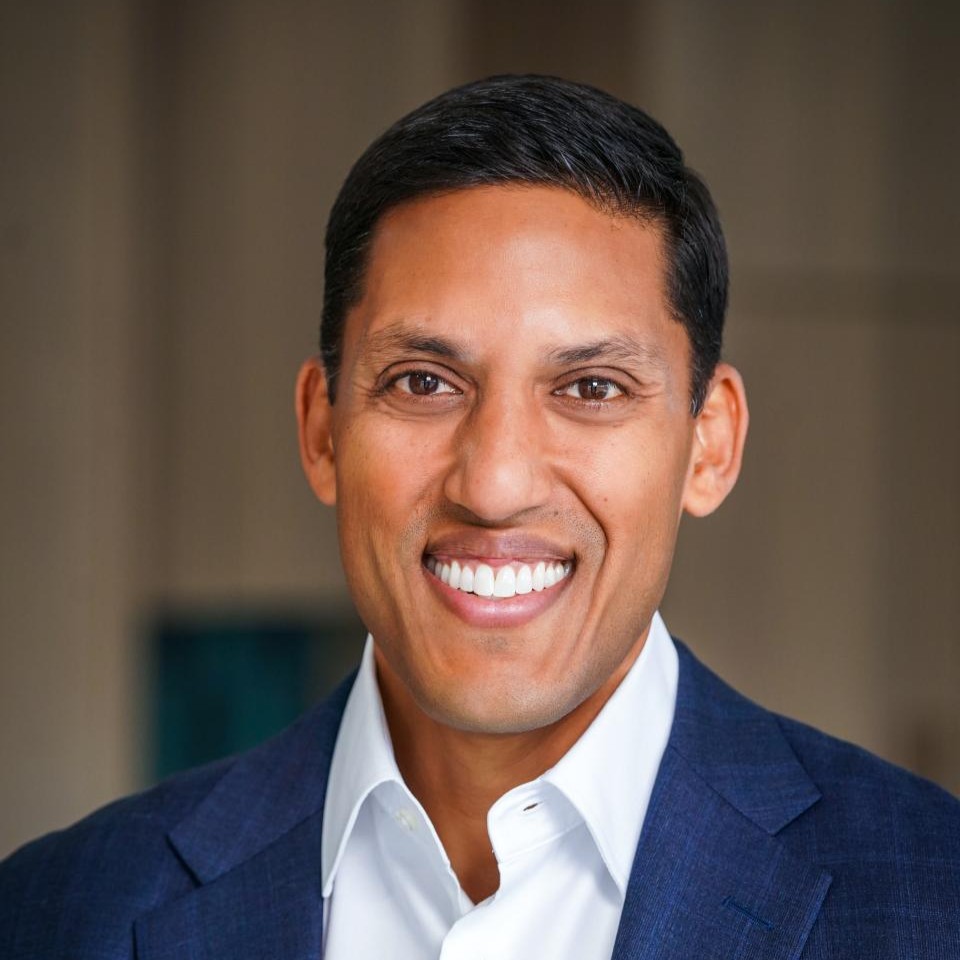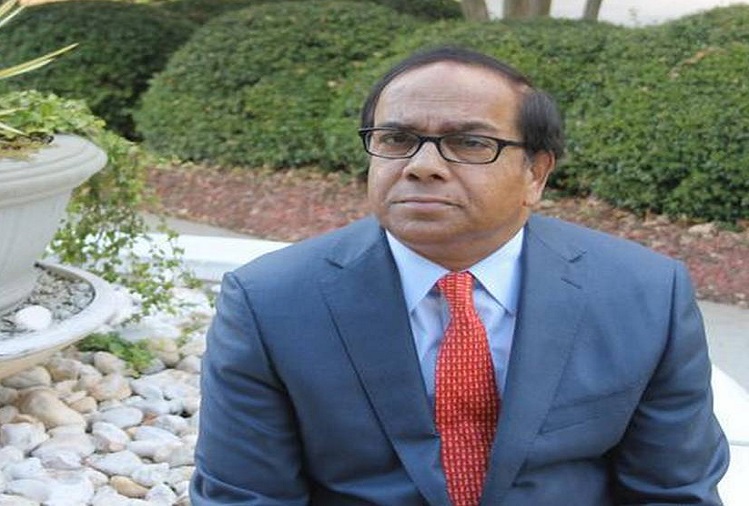Katyal, 53, a former acting US solicitor general, won the day for the watchdog group Common Cause, by pressing the justices to reject the election theory before the 2024 election.
Our Bureau
Washington
Neal Katyal, a leading Indian American attorney, is being celebrated for scoring a key victory for voting rights advocates with the Supreme Court rejecting the so-called Independent State Legislature theory.
By a 6-3 judgment, the apex court rejected the controversial legal theory that state legislatures have almost unlimited power to decide the rules for federal elections and draw partisan congressional maps without interference from state courts.
Katyal tweeted, “The truth is this was the victory of an incredible group of lawyers who worked at my side day and night for months. Everything you heard was them.”
“The dispute over that theory must be resolved in time to prepare maps, ballots, and election rules well in advance of the 2024 elections,” Katyal wrote for Common Cause. “It is therefore exceptionally important that the Court address the question presented as quickly as possible.”
Katyal, 53, a former acting US solicitor general, who obtained his law degree from Dartmouth college, won the day for the watchdog group Common Cause, by pressing the justices to reject the election theory before the 2024 election.
Chief Justice John Roberts wrote the opinion for the 6-3 majority in this case known as Moore v Harper, which stems from a dispute in North Carolina. The North Carolina legislators were appealing a ruling by their state supreme court finding that the new congressional map they adopted after the 2020 census was a blatant partisan gerrymander that violated the state constitution.
Even President Barack Obama, a legal scholar himself, hailed the Supreme Court decision. “Today, the Supreme Court rejected the fringe independent state legislature theory that threatened to upend our democracy and dismantle our system of checks and balances,” he tweeted.
“I was quite surprised to see the other plaintiffs that were supposedly on our side agree that the North Carolina Supreme Court could do that,” Katyal added.
Katyal said that, in addition to feeling the mootness question was not particularly close, he was confident after oral arguments that the Supreme Court would, if it reached the merits, reject the lawmakers’ election theory.
Reviewing the court’s decision Tuesday, Katyal seemed to take a victory lap, Law.com said. “This is as definitive a Supreme Court ruling as you can get,” he said. “I wasn’t surprised at all. I’ve always felt that this decision should have been 6-3 or even more.”
















